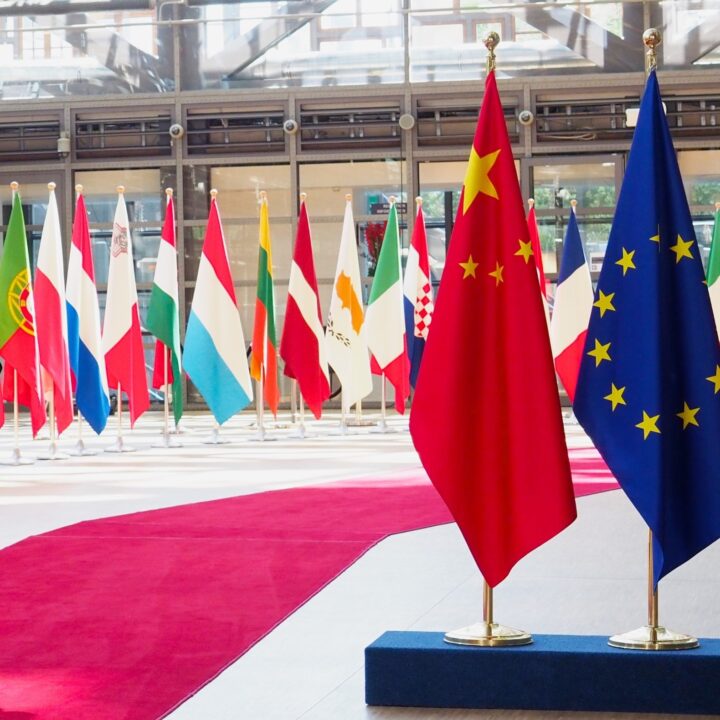28 June, 2023
Chinese language schools in Sweden and their connections with the Communist Party of China

Shutterstock/TT
Executive summary
- This is the first report in Sweden, and to our knowledge in Europe, to examine the operations of local Chinese language schools for overseas Chinese children and youth. The focus of the study is the connections between the schools and the Chinese Communist Party (CCP) or other organizations in Sweden. We identified 13 active Chinese language schools in Sweden, with approximately 2,500 students and 100 teachers between them.
- Based on our research, we present an analytical framework for possible use in the study of Chinese language schools in other countries. The framework highlights the tools used by the CCP to exercise influence over such schools: (a) imposing guidelines and standards; (b) quality assurance of teachers through training and certification; (c) subsidizing resources; (d) organizing subsidized activities; and (e) providing enhanced reputation and visibility.
- Applying this framework to Sweden, our findings show that eleven of the 13 schools have organizational connections with the CCP. Most of these schools seem to have a close relationship with and receive support from the Chinese embassy, the consulate and other organizations affiliated with the CCP. Given that the CCP is, at its core, a non-democratic organization, these connections entail a risk that elements of the Chinese language schools’ operations could be influenced in an undemocratic direction.
- In addition, the study finds that Sweden’s municipal schools and mainstream educational organizations (studieförbund) enable the schools’ operations by offering access to premises and sometimes also to resources. There is therefore a risk that messages conveyed to students might be legitimized, and that the perception could be given that Swedish actors indirectly support the communicated narratives. It is also reasonable to question whether taxpayers’ money should be used, even indirectly, to disseminate CCP propaganda in Sweden.
Four policy recommendations are derived from conclusions of this report:
- Strengthen knowledge in central government, mainstream educational organizations, civil society, municipalities and regions on how the CCP works strategically to influence the diaspora and diaspora organizations.
- Review current processes for approving and evaluating support provided to organizations to ensure that they do not promote non-democratic ideology or convey messages at odds with democratic values. The review should be complemented with a strategy to support schools in adhering to democratic standards. For instance, this could involve providing educational materials developed independently from CCP influence.
- Investigate the possible effects of CCP influence on the CLSs and their students.
- Support alternatives for individuals in the diaspora who want to learn the Chinese language free from CCP influence. This could also involve increasing resources to mother tongue instruction in Chinese in the Swedish school system and ensuring that the language education is available in all locations. If offline education is not an option, online education could be an alternative.





